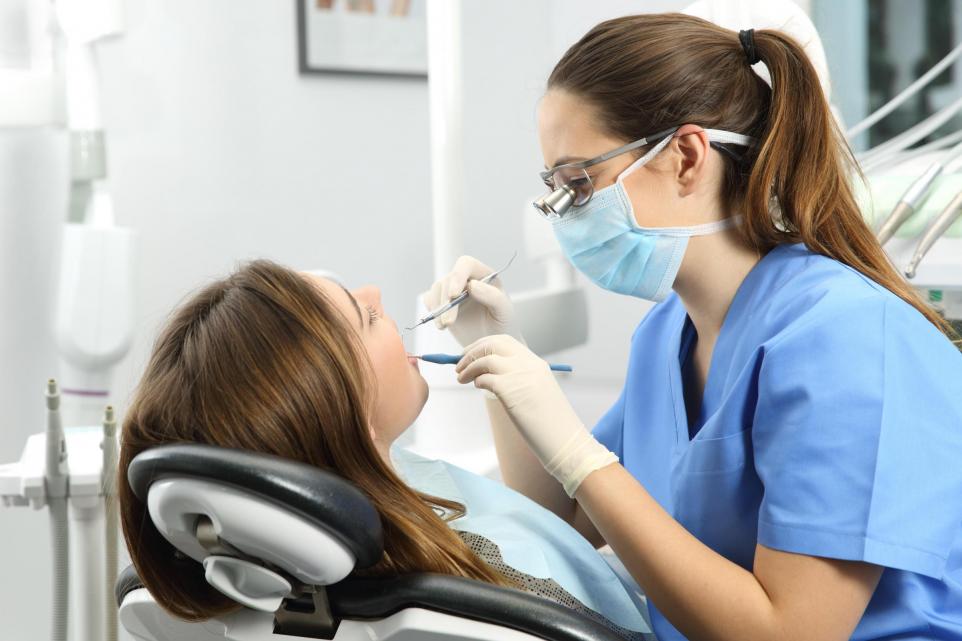The bustling town of Aylesbury is bracing itself for significant travel disruptions as a crucial thoroughfare into the town is […]
In a troubling revelation that reflects a growing national crisis, thousands of residents in Buckinghamshire are finding it increasingly difficult to secure appointments with NHS dentists. This alarming trend is not isolated to the county; millions across England are facing similar hurdles, exacerbating concerns about access to essential dental care. Leading members of the dental profession are raising the alarm over what they describe as a systemic issue that could have dire implications for public health.
The Scale of the Problem
Recent surveys and reports from dental professionals indicate that a staggering number of individuals have attempted to obtain an NHS dentist appointment, only to be met with closed doors and waiting lists that stretch into months. In Buckinghamshire, thousands of locals report frustration and desperation in their quest for dental healthcare, often settling for private care that can come with prohibitive costs. As NHS services continue to be stretched thin, many residents are left without the basic right to dental treatment.
The statistics are shocking. It is estimated that millions of people in England have tried and failed to access an NHS dentist within the last year. This crisis is no longer just a regional issue; it is a nationwide concern that has been building for years, culminating in a perfect storm of demand outpacing supply.
Impact on Community Health

The implications of this crisis extend beyond mere inconvenience. Dental health is a crucial component of overall well-being, and untreated dental issues can lead to serious health problems, ranging from infections to chronic pain. Children, the elderly, and vulnerable populations are particularly at risk, as they may already face additional barriers to accessing healthcare. The inability to receive timely dental care can exacerbate existing health inequalities, pushing more individuals into a cycle of poor health and escalating healthcare costs.
Local health officials are sounding the alarm, warning that the lack of access to NHS dental services could lead to a public health crisis. Reports of increased emergency dental visits and hospital admissions related to untreated dental issues are becoming more frequent, putting additional pressure on already strained healthcare systems.
Voices from the Profession
Leading dentists and representatives from various dental associations have expressed their concerns regarding the unsustainable pressures faced by NHS dental services. Many practitioners highlight the need for immediate government intervention to increase funding and resources for NHS dentistry. They argue that without substantial changes, the situation is likely to deteriorate even further, leaving countless individuals without access to necessary care.
Dr. Jane Smith, a local dentist in Buckinghamshire, shared her perspective: “Every day, I see patients who are in pain or suffering from preventable conditions simply because they cannot get an appointment. This is not just about dental care; it is about maintaining our community's health. We need urgent action to address this crisis before it spirals further out of control.”
Government Response and Future Solutions
As this crisis unfolds, questions arise regarding the government's role and responsibilities in ensuring equitable access to dental care. While some initiatives have been proposed, including increased funding for NHS services and training for new dentists, critics argue that these efforts are too little, too late. The government must prioritise public health by investing in NHS dentistry and creating incentives for dentists to practice within the NHS framework.
Advocates for dental reform are calling for a comprehensive strategy that includes better recruitment and retention practices for dental professionals, as well as targeted outreach programs to ensure underserved communities are reached. Only through concerted efforts at both local and national levels can we hope to alleviate the burden on NHS dental services and restore faith in a system that should be accessible to all.
Conclusion
The struggle for thousands of Buckinghamshire residents to secure an NHS dentist appointment is a mirror reflecting a larger national crisis, where millions share similar experiences. As the dental health landscape continues to deteriorate, urgent dialogue and action are necessary to ensure that every individual has access to the dental care they need. The time for change is now – the health of our communities depends on it.